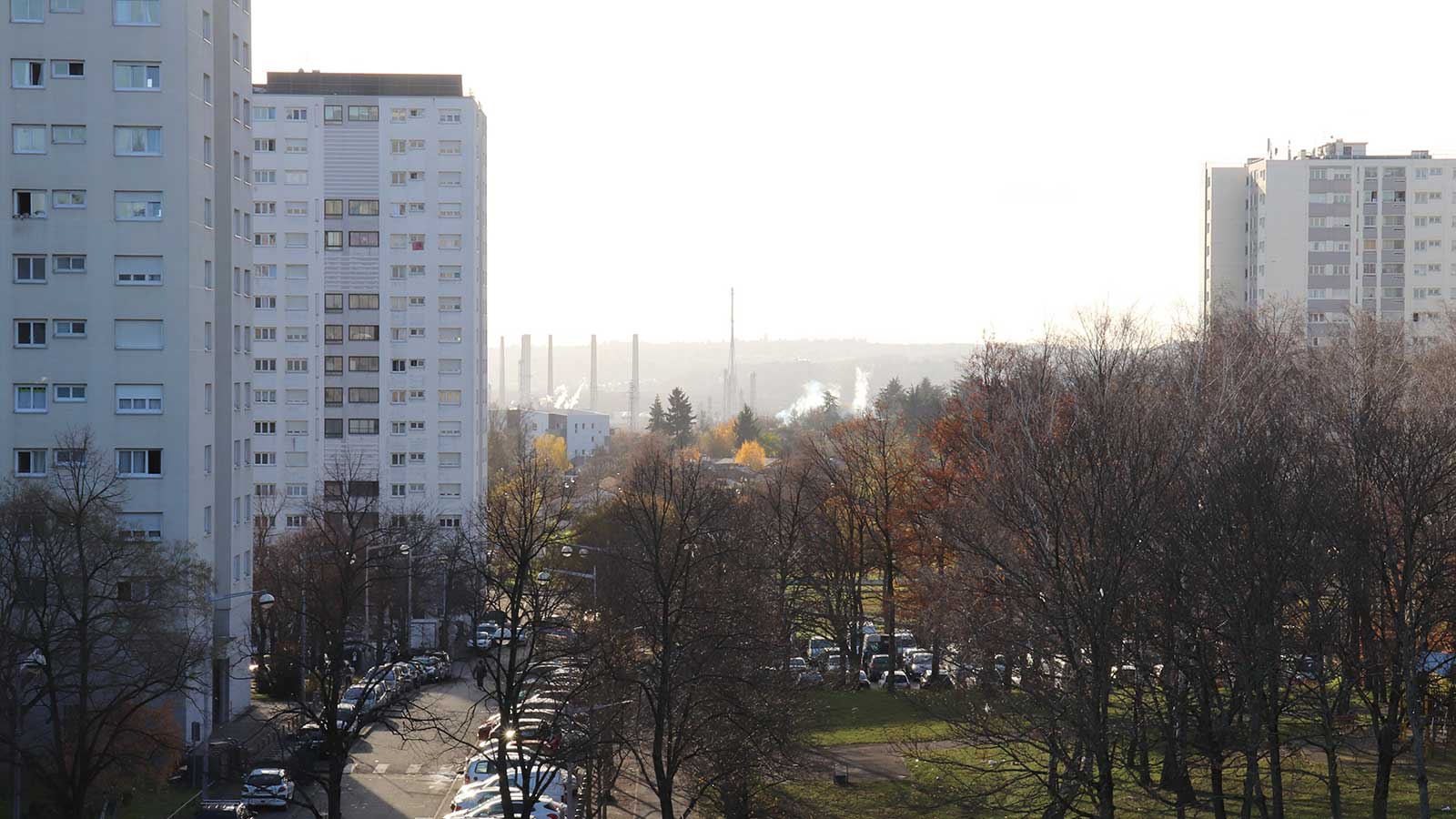Exclusive data from a joint study into those occupying social housing in France has revealed that sub-Saharan African migrants are benefiting from taxpayer-subsidized living more than any other migrant background or French national to a hugely disproportionate degree.
The report conducted by the Immigration and Demography Observatory in collaboration with the Foundation for Political Innovation (Fondapol) think tank found that 57 percent of those originating from the African region are living in social housing across France.
Even more concerning is the fact that 63 percent of descendants of these immigrants also occupy social housing, suggesting a generational trend of sub-Saharan migrant communities continuing to live off the state.
The study contrasts this figure with other migration backgrounds including those from China, of whom just 8 percent enjoy subsidized living arrangements. Similarly, just 14 percent of Southeast Asian migrants and 14 percent of those arriving from other EU countries live in social housing.
The percentage of French citizens living in social housing is 11 percent, the report adds.
A high degree of African migrants in general benefit from HLM (low-income housing) across France, with those arriving from the Maghreb region also disproportionately represented in the statistics. A total of 49 percent of Algerians and 44 percent of Moroccans and Tunisians also enjoy lower costs of living, courtesy of the state.

The large concentration of migrant populations in social housing neighborhoods “has generated recurring difficulties which result in particular in phenomena of great violence and the establishment of the criminal economy,” noted Michel Aubouin of Fondapol.
He added that those living in social housing form their own communities that are “isolated from the rest of the urban fabric.”
The report notes that 35 percent of all immigrants living in France benefit from HLM, adding that “this over-representation of immigrant families reinforces the idea that the French have a habitat intended primarily for foreigners.”
The HLM scheme is widespread across France after being set up in the 1950s to help low-income families and was designed to be a temporary measure to help them get back on their feet.
A quarter of the 21 million social housing units across the European Union are located in France, with French taxpayers paying €34 billion every year for HLM. However, Aubouin believes the model has proven to be profoundly ineffective “in that the most modest do not have access to it,” unless, it would seem, they are not born in France.
The report notes that turnover rates in social housing units are now “very low,” and it is common for generations of immigrants to remain in residences in the long term, effectively making them the “quasi-owners” of the properties and instilling a welfare culture while creating parallel communities.
The report makes several recommendations designed to refocus social housing efforts in France on “welcoming precarious families” while also facilitating “better integration of non-Europeans.”
One suggestion is a moratorium on new social housing initiatives while a full review is conducted by government agencies in order to “allow in-depth reflection without waiting for the financial situation to require it.”
It also calls for a social housing applicant’s duration within France to be added as a factor for prioritizing those granted social housing so that “families of French origin are no longer discriminated against,” as well as introducing a “limited-term lease” to reaffirm the temporary nature of social housing and redefine it as a step towards accession to property.






